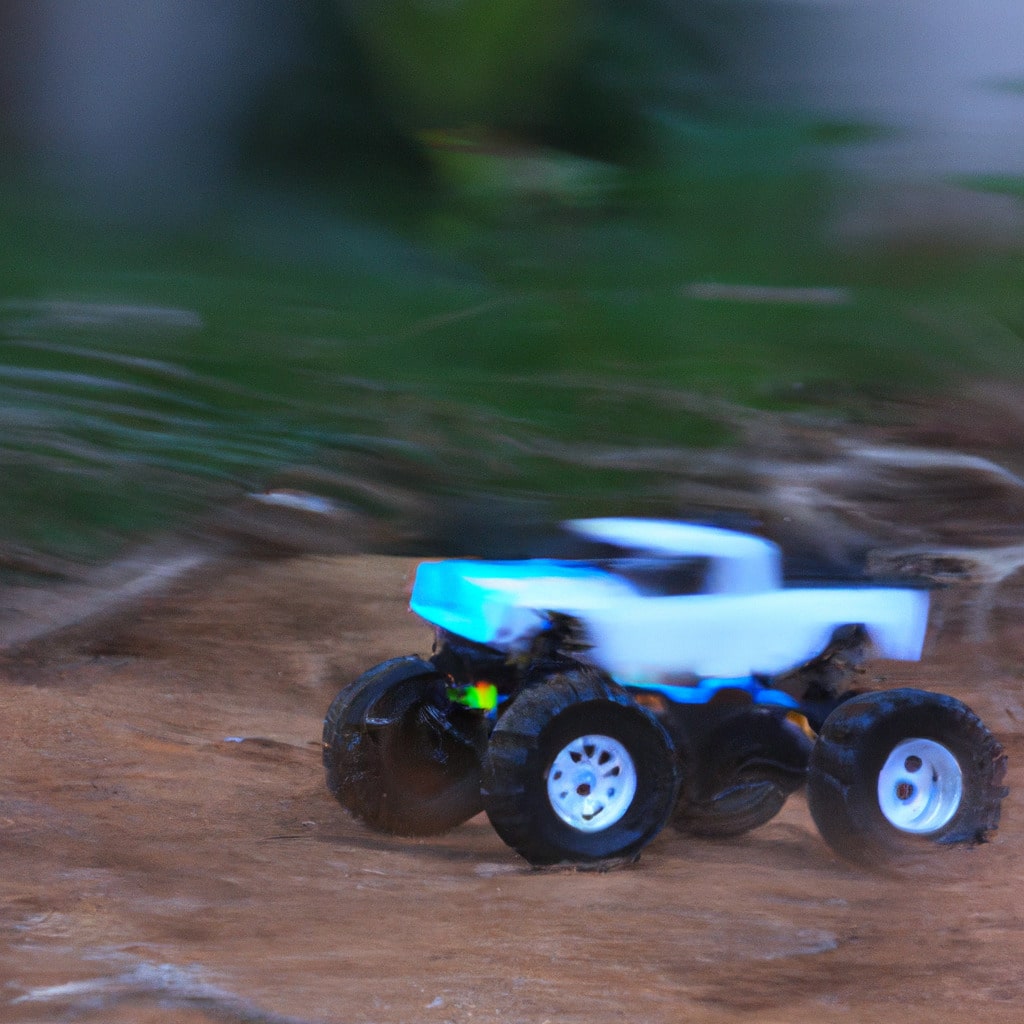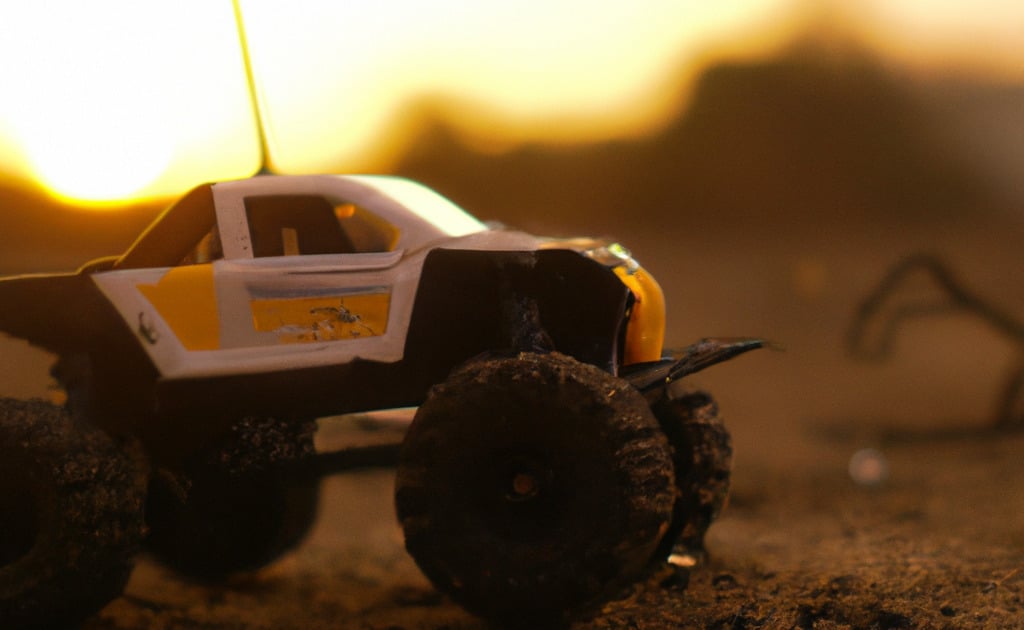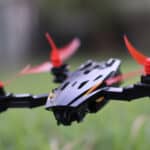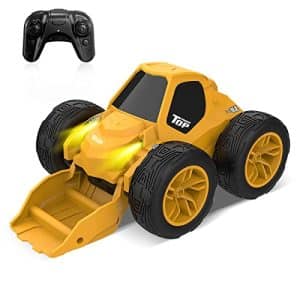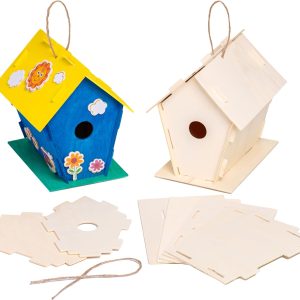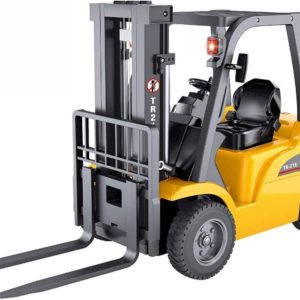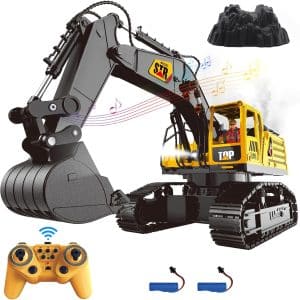Unleash the potential of learning through play with RC construction vehicles.
These captivating toys offer a hands-on experience that combines fun and education.
From excavators to bulldozers, these remote control vehicles provide a gateway to the world of construction.
In this article, we will delve into the myriad benefits of utilizing RC construction vehicles for educational purposes.
Prepare to witness the development of problem-solving skills, creativity, and STEM learning in action.
Join us as we embark on an exciting journey into the realm of RC construction vehicles!
The Power of Play in STEM Learning
RC construction vehicles offer a unique opportunity to integrate play and learning in the field of STEM (Science, Technology, Engineering, and Mathematics) education. These toys provide a hands-on experience that engages individuals in practical applications of STEM concepts. By operating RC vehicles, users can explore principles of physics, mechanics, and engineering in a fun and interactive way.
For instance, individuals can experiment with different terrains and observe how their RC vehicles respond to slopes, uneven surfaces, or obstacles. This allows them to understand concepts such as friction, gravity, and balance. By adjusting the weight distribution or changing the tires, users can witness firsthand how these modifications affect the performance of their vehicles. Through these experiments, individuals develop a deeper understanding of scientific principles and build a strong foundation in STEM.
In addition to physics, RC construction vehicles also introduce individuals to basic engineering concepts. Users can explore the mechanics of their vehicles, understand how gears and motors work, and even troubleshoot any technical issues that may arise. This hands-on experience provides a practical understanding of engineering principles and encourages individuals to think like engineers as they analyze and solve problems related to their RC vehicles.
Furthermore, RC construction vehicles can be utilized in programming and coding activities. Many advanced RC models can be programmed to perform specific tasks or follow pre-determined routes. By learning the basics of coding, individuals can control their vehicles with precision and even create their own autonomous functions. This integration of programming and RC vehicles introduces individuals to the world of technology and computer science, enhancing their digital literacy and preparing them for the future.
The combination of play and STEM learning through RC construction vehicles not only makes education more engaging but also fosters a love for these subjects. By experiencing the practical applications of STEM concepts in a hands-on and enjoyable way, individuals develop a passion for learning and are more likely to pursue further studies or careers in STEM-related fields.
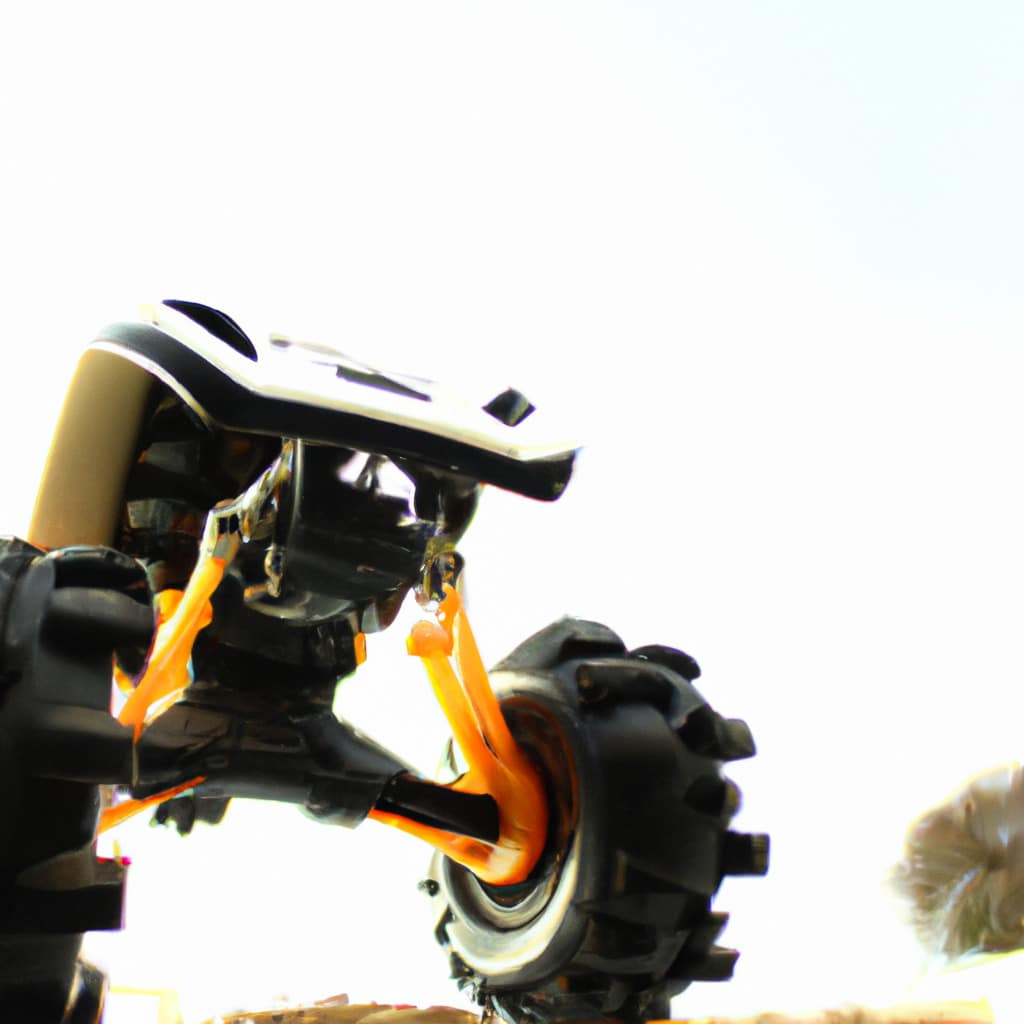
The Thrill of Operating RC Construction Vehicles
Operating RC construction vehicles is an exhilarating experience that brings the world of construction to life. These realistic and detailed toys allow individuals to immerse themselves in the role of a construction worker, taking on challenging tasks and experiencing the thrill of operating heavy machinery.
When individuals get behind the controls of an RC excavator, bulldozer, or dump truck, they can feel the power and precision of these vehicles. The responsive controls and realistic movements allow users to dig, lift, and transport materials, just like a real construction worker. The sense of control and accomplishment that comes with successfully completing tasks is incredibly rewarding and adds to the overall excitement of the play experience.
Furthermore, the versatility of RC construction vehicles allows individuals to explore various aspects of the construction process. They can create their own construction scenarios, build structures, and simulate construction sites. This open-ended play encourages creativity and problem-solving skills as individuals experiment with different techniques and approaches. Whether it’s planning and designing a construction project or executing complex maneuvers, the possibilities are endless.
In addition to the physical play experience, operating RC construction vehicles also provides opportunities for social interaction. Friends and family members can come together to operate multiple vehicles, collaborate on construction projects, or even engage in friendly competitions. This social aspect of playing with RC construction vehicles promotes teamwork, communication, and cooperation. It allows individuals to learn from each other, share ideas, and work towards a common goal, fostering important social skills and building strong relationships.
Moreover, the thrill of operating RC construction vehicles extends beyond just entertainment. It can also have therapeutic benefits. The focused and hands-on nature of operating these vehicles can help individuals reduce stress, improve concentration, and enhance fine motor skills. The satisfaction and joy derived from successfully completing construction tasks can boost individuals’ mood and overall well-being. Additionally, the tactile and visual stimulation provided by the realistic design of RC construction vehicles can serve as a form of sensory therapy, providing a calming and engaging experience.
Unlocking the Potential of RC Construction Vehicles in Education
RC construction vehicles have revolutionized the way we approach education, offering a dynamic and hands-on learning experience that captivates students of all ages. These versatile toys provide a unique platform for integrating various subjects and fostering essential skills.
In science classes, RC construction vehicles can be utilized to explore principles of physics and mechanics. Students can observe and experiment with concepts such as force, motion, and energy as they navigate the vehicles through different terrains and obstacles. By adjusting variables such as weight distribution and tire traction, students can witness firsthand the impact of these factors on the vehicles’ performance. This hands-on approach to learning allows students to develop a deeper understanding of scientific principles and their real-world applications.
Mathematics can also be seamlessly integrated into the play experience with RC construction vehicles. Students can measure distances, calculate speeds, and analyze data collected from the vehicles’ movements. By applying mathematical concepts such as measurement, geometry, and data analysis, students develop critical thinking and problem-solving skills. The practical application of math in a fun and engaging context helps students see the relevance and importance of mathematical concepts in their everyday lives.
In engineering classes, RC construction vehicles serve as a practical tool for students to explore the design and mechanics of machinery. Students can disassemble and examine the components of the vehicles, gaining insights into how they work and interact. By modifying the vehicles or designing their own attachments, students can apply engineering principles such as gear ratios, power transmission, and structural integrity. This hands-on experience allows students to develop a deeper understanding of engineering concepts and encourages creativity and innovation.
Furthermore, RC construction vehicles can be used to teach history and cultural studies. Students can research and recreate historical construction projects using scale models of the vehicles. By examining different construction techniques, architectural styles, and the impact of construction on societies throughout history, students gain a deeper appreciation for the significance of construction in shaping civilizations. This interdisciplinary approach to learning helps students make connections between history, culture, and the built environment.
In addition to traditional classroom settings, RC construction vehicles can be incorporated into after-school programs, STEM clubs, and maker spaces. These toys provide an interactive and collaborative learning experience, fostering teamwork, communication, and problem-solving skills. Students can work together to plan and execute construction projects, applying their knowledge and skills in a practical and hands-on manner. The versatility of RC construction vehicles allows for endless possibilities, sparking creativity and encouraging students to think critically and innovatively.
Moreover, the use of RC construction vehicles in education promotes inclusivity and accessibility. These toys can be adapted to accommodate students with different learning styles and abilities. For students with physical disabilities, modifications can be made to the controls or assistive devices can be used to ensure their full participation. By embracing the versatility of RC construction vehicles, educators create an inclusive and engaging learning environment that caters to the needs of all students, fostering a sense of belonging and empowerment.
In conclusion, RC construction vehicles for educational purposes offer a unique and effective approach to learning through play. These captivating toys provide a hands-on experience that combines fun and education, allowing individuals to explore the world of construction while developing essential skills.
By engaging with RC construction vehicles, individuals can enhance their problem-solving skills as they navigate obstacles, plan routes, and overcome challenges. The interactive nature of operating these vehicles fosters critical thinking, analytical skills, and strategic planning. Moreover, the additional features and attachments of RC construction vehicles provide opportunities for more complex problem-solving, requiring users to coordinate multiple movements and understand the mechanics of the vehicles.
Furthermore, RC construction vehicles unleash creativity in individuals as they design and construct their own scenarios. The customization options available with these toys allow for personalization and self-expression, encouraging individuals to think outside the box and innovate. By engaging in imaginative play, individuals develop their creative thinking skills and explore their artistic abilities.
In the realm of education, RC construction vehicles have proven to be valuable tools for enhancing STEM learning. These toys provide practical applications of scientific principles, allowing individuals to experiment with concepts such as physics, mechanics, and engineering. By operating RC vehicles, students gain a deeper understanding of these subjects and develop a passion for STEM fields.
The realistic experience provided by RC construction vehicles adds an extra layer of excitement and authenticity to the play experience. Users can feel the power and control as they operate these vehicles, simulating the operations of real construction machinery. The immersive nature of the play experience enhances engagement and encourages individuals to explore the construction industry and appreciate the work of construction professionals.
RC construction vehicles have practical applications in various educational settings. They can be integrated into lesson plans to teach subjects such as science, math, engineering, and history. By incorporating these toys, educators create dynamic and interactive learning environments that spark curiosity, promote collaboration, and foster essential skills such as critical thinking and communication.
Moreover, the use of RC construction vehicles promotes inclusivity and accessibility in education. These toys can be adapted to accommodate individuals with different learning styles and abilities, ensuring that everyone can participate and benefit from the learning experience. By embracing the versatility of RC construction vehicles, educators create inclusive learning environments that cater to the needs of all students.
So, why limit education to traditional methods when we can unlock the potential of learning through play with RC construction vehicles? These toys provide a bridge between play and learning, offering a dynamic and interactive experience that ignites curiosity, nurtures creativity, and prepares students for the future. By harnessing the power of RC construction vehicles, we can revolutionize education and empower the next generation of thinkers, problem-solvers, and creators.
Are you ready to embark on a thrilling journey of learning through play with RC construction vehicles?
